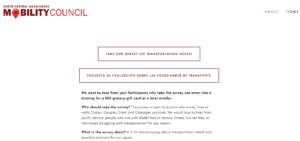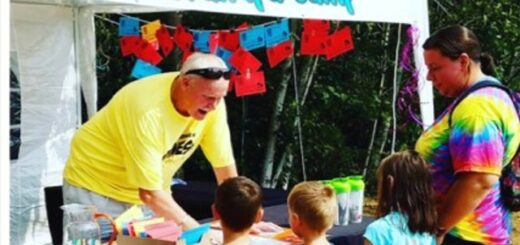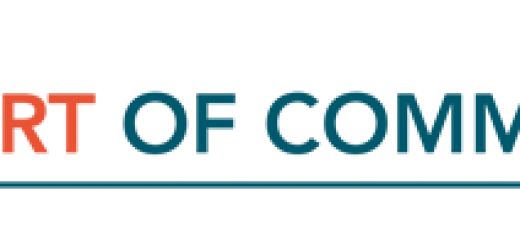NCW Mobility Council seeks input to better serve those in need
Collaboration has become an increasingly standard approach for solving challenges in the greater Wenatchee Valley during the past several years. You could say it is becoming a part our community DNA. The latest example is the development of the North Central Washington Mobility Council, a fledgling organization that is working to build a comprehensive approach to getting access to transportation to our most vulnerable neighbors.
It strikes me that a significant percentage of significant collaboration efforts in North Central Washington are led by women — Sarah Rolfs and Jessica Lara were the initial instigators of the Wenatchee Valley TEDx conference and a group of seven women were at forefront of the discussions that led to the formation of Our Valley Our Future grass-roots community effort, to name just a couple of examples.
The Mobility Council is focused on identifying how people are using transportation and the service gaps throughout Chelan, Douglas, Okanogan and Grant counties. One example of a service challenge they cited was a mother in the upper Entiat Valley with vision challenges who has been having difficulty access to getting to community resources. There are many gaps in service and people who are at the margins financially or physically are hard-pressed to get help. Rather than continue to have transit companies, faith community services and nonprofits working independently, the Mobility Council is intended to knit these together to develop a comprehensive approach and serve as many people as possible.
Parish said getting patients to health care resources is an important issue for Confluence Health Foundation. “We want to see improved access to resources,” she said. Link Transit provides some door-to-door specialty services, Kaminoff noted. But the need is significantly greater than can be addressed at this time.
The survey, which can be accessed at http://ncwmobilitycouncil.org, is a critical step in identifying how people are using transportation and what challenges exist. The short questionnaire asks what transportation people use, why they use public transportation, the types of reasons that they use these services and any specific challenges that they have in getting places. It’s significant that they are collecting data as well as a personal story about challenges people are having. These stories connect us to the human beings in our midst.
I’m a big fan of finding creative solutions for community challenges, so I’m encouraged that they are leaving no stone unturned to see what resources might be available as well as the service gaps. This is the kind of creative mindset — by focusing on possibilities rather than problems — that can lead to innovative solutions that build community and better serve those in need. It’s likely that the Mobility Council will play a clearinghouse role that connects people to the best available resources to meet the needs of those in need.
Parish, who moved here from the Portland area, said she has been pleasantly surprised by the commitment to collaboration here. By comparison, the focus she found the atmosphere Portland tended to be more competitive than collaborative.
We can best support this work by sharing the survey and making sure that as many people as possible respond. The survey is available in both Spanish and English.
We are fortunate to live in a region where people are passionate about doing the very best they can to help those who struggle. That’s one reason I wouldn’t want to live anyplace else.



